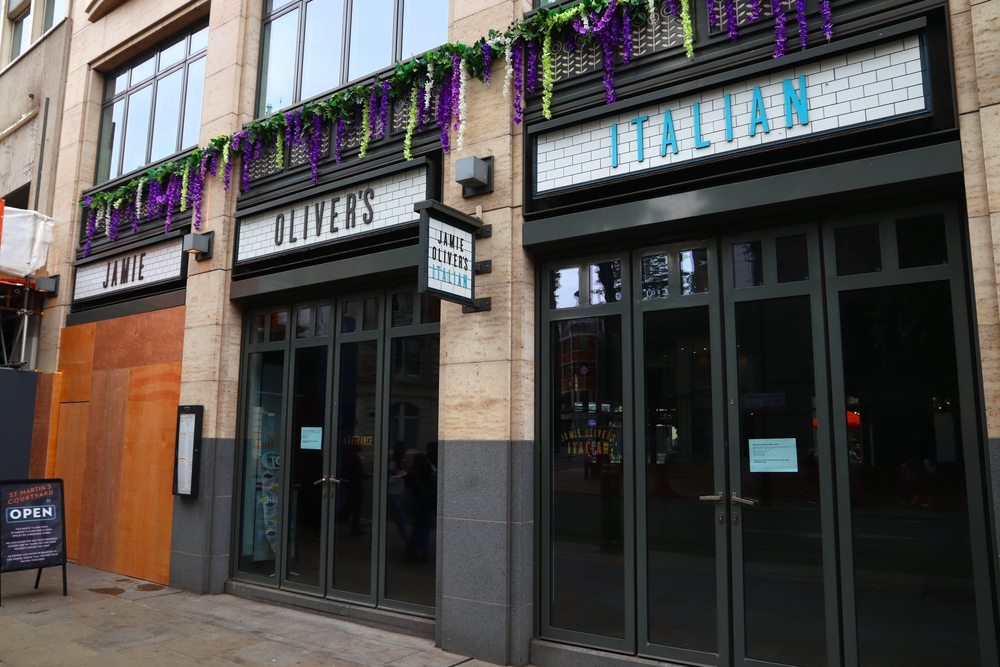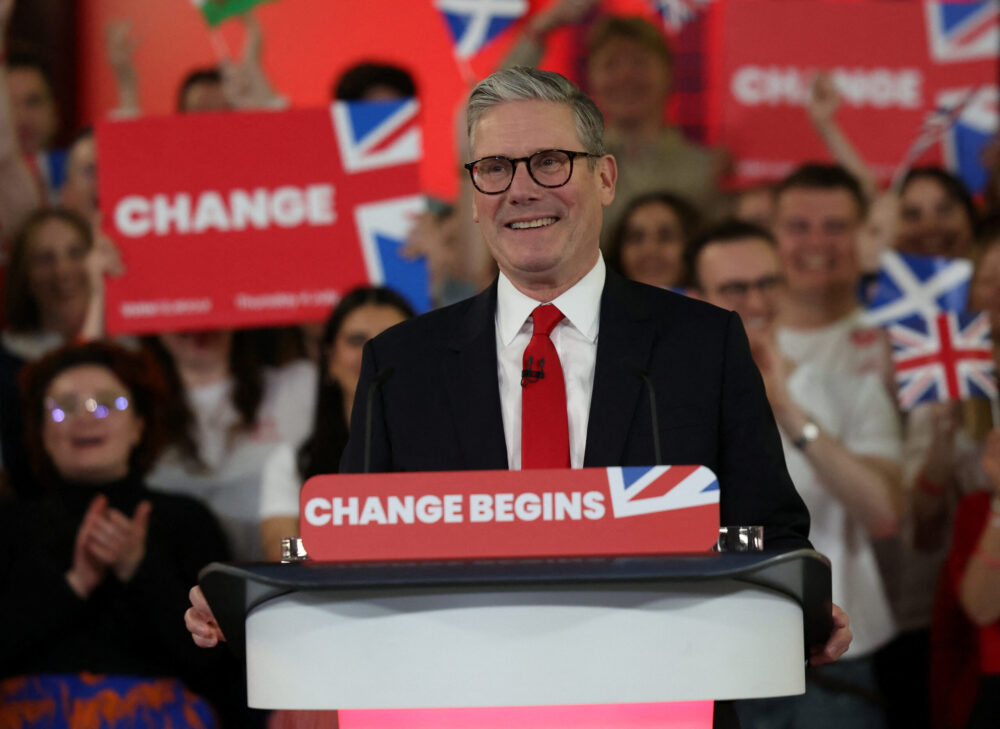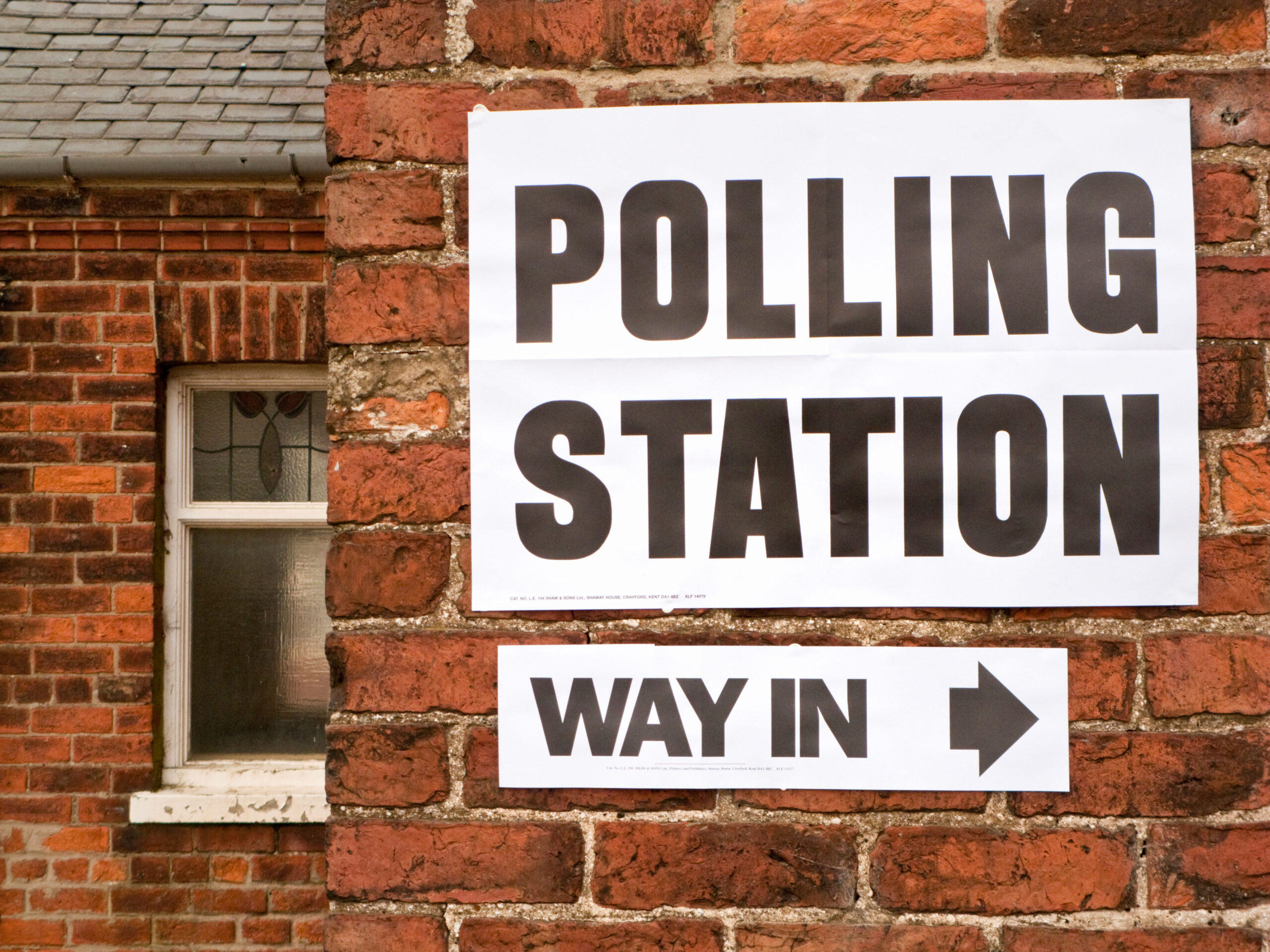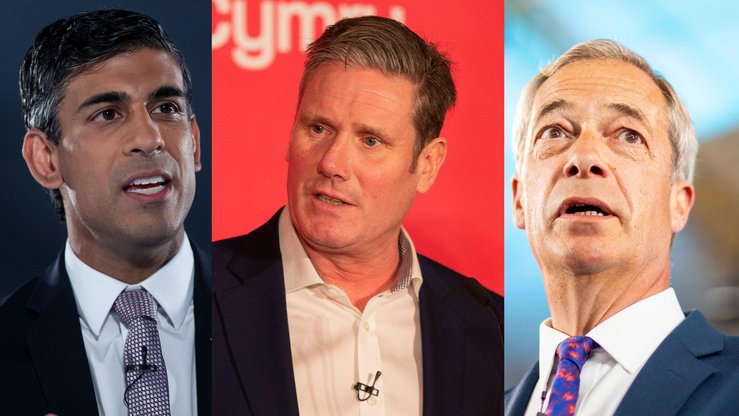
You know politics is changing when your tour of competitive parliamentary seats takes you to Godalming. In 2015, Jeremy Hunt held South West Surrey with a majority of more than 28,000, but given the Tories’ position in the polls the re-drawn constituency of Godalming and Ash is considered a prime Lib Dem target next time round. Our other destination, the new seat of Taunton and Wellington, is also firmly on the battleground.
Political issues that had crossed our focus groups’ radar recently included Rwanda, the Post Office, mental health, social care, the water industry and sewage leaks, teachers’ and doctors’ strikes, and the aftermath of pandemic (“PPE and covid – why aren’t these people in prison?”). Several had also noticed and approved of government plans to raise defence spending to 2.5% of GDP (“It’s not an either-or, you’ve got to have deterrence. It’s a necessity.”)
Unusually, participants in both locations spontaneously mentioned a Labour policy that had caught their eye. “Labour want to put 20% VAT on school fees for private schools, and that’s where I work. Although my children are state educated, that might affect my job”; “I’ve got three children, one of whom we pay for. So if Labour get in, the fees will be upped by 20% and as a public sector worker I don’t think we’ll be better off”; “The school in our town was in Ofsted special measures so I forked out to educate my daughter as I wanted to give her the best opportunity I possibly can. So it smacks a bit of the politics of envy. The people it will affect most of all are the ones who are really stretching to be able to cover those fees. The people with plenty of money won’t bat an eyelid. It’s levelling down rather than up”; “We’ve got friends who would have to take their boys out. Lots of those families will have to go back into the state sector and it will be swamped. It’s a huge issue because they haven’t got enough money as it is.”
It’s hardly the Profumo affair, is it?
The more colourful stories had not gone unnoticed, including “the sexting thing”, “the entrapment thing”, “Nicola Sturgeon’s husband”, “the guy who was locked in a room by bad people”, and “Angela Rayner and her capital gains tax avoidance. Alleged.” A few thought the latter was “the Daily Mail trying to stitch her up” or an attempt to divert attention from other misdemeanours, but there was little patience for the idea that she was being attacked because she was a working-class woman: “It doesn’t matter if she is or not if she’s broken the rules. I also think some of these politicians have got a different idea of what working class actually is;” “I know people who have built their own houses and they have played the game and lived in the house, otherwise they would get penalised. It’s a bit like they make up their own rules for themselves”.
Some lamented that these things are not what they used to be: “They’re such petty scandals. It’s hardly the Profumo affair, is it?” But however serious or simply weird they were – and whether they are more frequent than before or just more likely to be reported – some felt the succession of sleaze stories had a corrosive effect: “I feel you can’t trust what’s being put out anymore because you don’t know the motive behind it. So I personally have detached a lot. I watch about ten minutes of the news now and that’s it for me;” “The common theme with all of them is they seem to have completely lost their moral compass”; if you had 650 members of any profession some of them might be up to no good “but these people are running our country. And the difference is that in any other profession, if they got caught, they’d be sacked;” “You’ve been elected by the people. And it’s not an easy job, I appreciate that. But you know, do your best at it and have some moral fibre as well. We’re not France.”
It’s clearly a gaffe, but it’s probably true.
In Surrey, Jeremy Hunt was generally considered to be good MP with a high profile and a strong local record, but there was some consternation about his recent observation that £100,000 was “not a huge salary in our area if you have a mortgage to pay.” Some gave him the benefit of the doubt (“it’s probably taken out of context”; “it’s clearly a gaffe, but it’s probably true around here with some of the property prices”) but several took umbrage: “It just makes me so annoyed, comments like that. They’ve got no idea because they’re not on our level. That’s probably the circles that he moves in.”
Despite falling inflation, few in either location felt the economy was turning a corner or that the cost of living was easing: “Inflation might be coming down but prices aren’t. They’re just not going up as fast. The increases that we’ve had will stay forever;” “They say gas and electricity prices have gone down, but to me it still feels the same”; “Our council tax went up 9% last month. You get the cut in National Insurance supposedly, but then with fiscal drag on your earnings, you’re actually paying more.”
Some felt the “Kwarteng-Truss debacle” was still having an effect – speaking of which, “why is she back on the news? What’s she trying to do now?” “She’s got a book out.” “Ooh, that’ll be it. She wants to earn some money.” What had she been trying to achieve as PM, and where did it go wrong? “She thought this was the thing to get the economy going again. But she did everything so fast without listening to anybody else. She brought it all in in an instant and it crashed. We’ve only just recovered now from her two weeks”; “She was putting a lot more money into various things but without saying where it was coming from. That’s what the City didn’t like”.
At least they’re trying to achieve something.
The groups had noticed that the Rwanda legislation had finally been passed, but there were doubts as to whether the scheme was right in principle (“I think it’s clumsy, it’s ugly, and it portrays the UK in a very bad way”; “they’re people at the end of the day. I just don’t think we should be shipping them out to Rwanda”) or will work in practice (“we’ve got to send a relatively large number of people away to make any difference. Half a dozen a year isn’t going to stop the boats”). A number thought the scheme was simply “a stunt to get votes”.
But the idea did have its supporters: “At least they’re trying to achieve something, they’re trying to address it. I can see why they’re doing it. Sending them thousands of miles away from where they thought they might end up could be a deterrent;” “They know this is the place to come. They go straight though France because they know they won’t give them bugger all. And the rest of Europe, keep going, keep going. So they end up here and we’re paying for it. At the moment we almost have a welcome sign on the cliffs of Dover saying ‘come on over’.”
Many felt that for the Rwanda scheme to be implemented successfully would be a point in Rishi Sunak’s favour, but that this would not be enough. “I think we’ve all got to a point where we need to see some changes”; “You start to lose confidence. All these by-elections triggered by people not behaving very well. And when they came in they were going to change things, level up, do things which seem just and fair. But things that have come out since have been the opposite. So you kind of begin to lose faith”; “The Conservatives were always seen as the safe pair of hands, but they’ve lost hold of that for any number of reasons. For me, that’s the biggest change – that they don’t feel like the safe pair of hands anymore.”
The tale of Rishi’s Sambas, trivial at one level, had its own significance. “He did an interview with this mum I follow on Instagram, and he was wearing a smart suit with trainers, and he’s been absolutely annihilated for it. I felt I knew what Boris was about – he was a bit of a fool, a bit scruffy, but he sort of owned it. But I don’t know who Rishi is trying to be.” For some, this was part of a continuing theme: “He tries to act like a man of the people, doesn’t he. There was that thing where he tried to fill up his car and be like, look how normal I am. And he couldn’t even use the card machine because he never had to do it. Then he’ll be like, ‘I’ve been to the football. Come on the football lads!’ You are what you are. You’re a wealthy, privileged man. It doesn’t make you bad. You can still be a good leader and be who you are. Don’t try and be something else.”
Cleaning their teeth at school. Why don’t we get rid of parents completely?
Similar complaints were made against Keir Starmer: “I find him too pristine, too clean, too perfect, too primed. I don’t find him authentic at all. And he’s an Arsenal fan;” “He’s insipid. I wouldn’t want him droning on the TV all the bloody time.” However, some seemed to be getting used to the idea of him as prime minister. “He’s often criticised for not having much charisma, but John Major didn’t really either, and people thought he did a reasonably good job”; “I think he now seems quite credible. He’s obviously a King’s Counsel, intelligent, seems a level-headed sort of bloke;” “He doesn’t come across as desperate for the limelight. If he’s in the background working on it, that’s a really good thing”; “Starmer did say he’d use the nuclear deterrent, whereas Corbyn didn’t, so I don’t think there’d be reds under the bed sort of thing. He’d be more of a centrist, Tony Blair-style leader.”
Apart from VAT on school fees, one other Labour policy had caught people’s attention and brought a mixed response. “Wasn’t there something about free school meals? A funded breakfast club for every child;” “Yes, and cleaning their teeth at school. Why don’t we get rid of parents completely?” “Every child deserves the right to a free education, and they might not get dinner at home;” “It seems a bit strange if you’ve got people who can afford to pay.”
Otherwise, Labour’s plans remained opaque to the groups – not that this necessarily mattered: “I don’t really know much about them in all fairness, but I think they can’t do any worse. So let’s get somebody in with new promises and lies and see where we end up in another four years”; “I don’t actually think Labour is the answer either, but I think change is the answer. And whatever they do, I don’t think Rishi will change people’s opinion;” “They probably won’t be that different, but the grass is always greener and the last few years have been a bit of a mess, to put it lightly.”
Maybe he’s been locked in that flat with the bad guys.
Though the Tories’ main challengers in both places would be the Liberal Democrats, few participants had seen or heard much from the party. “They’ve been very quiet. You’d think now was the time for them to get in and really ace it;” “If I knew who the Liberal guy was and he ever said what he would do and we knew anything like who the hell are you, we might vote for him. But I wouldn’t have a clue;” “Maybe he’s been locked in that flat with the bad guys.”
The small minority who knew Ed Davey was the party leader could remember only two other facts – that he had been the minister responsible for the Post Office and that he was a sir (“How do all these guys get to be sirs?”) None could name any national party policies, but some were suspicious given their local experience: “Two years ago I didn’t have a Taunton Town Council, but now I have a Taunton Town Council, and in the first year they charged me £109 on my council tax, and they just increased it 173% to £300. So I queried this. Was it some sort of mistake? But apparently it wasn’t. It’s part of the money that they need to keep Taunton Town Council going. And it’s full of Liberal Democrats.”
The empire crumbled. That’s how it’s looking, isn’t it?
Finally and more importantly, if Keir Starmer and Labour were a restaurant, what restaurant would they be? “Pizza Express – bit boring, middle of the road, totally vanilla, inoffensive. You know it’s not going to be really awful”; “Wagamama because it’s trying to rebrand”; “Burger King or McDonald’s because everyone can afford to eat there. Labour’s a bit more budget;” “Pizza Hut. Old school, cheap and cheerful. Well, I don’t think Labour are cheerful. But it’s always been there in the background and people don’t really use it that much”; “Wetherspoons. Youngsters and working-class people. But they don’t really advertise do they? People just have an assumption that they might do this or that.”
And the Tory restaurant? “A pretentious place that has a tasting menu with foams. All front but no action”; “Nando’s. Quick turnaround, you’re in and out of the door. And spicy – they try and dress it up but at the end of the day it’s just chicken”; “Jamie’s Italian. The empire crumbled – that’s how it’s looking isn’t it? They failed because they tried to run it by image, but the actual food was awful”; “The kitchen at Fawlty Towers. The menu is duck à l’orange and meanwhile in the back room all hell’s breaking loose and the chef is drunk”; “Deliveroo. You’ve ordered something and you’re really looking forward to it, but when it turns up it’s late, it’s cold, it’s not what you ordered, but you can’t help feeling sorry for Rishi standing there with his moped in the rain.”


